An analysis to SK8 the Infinity: Honne vs Tatemae, the power of Chuunibyou, and the expulsion from Paradise
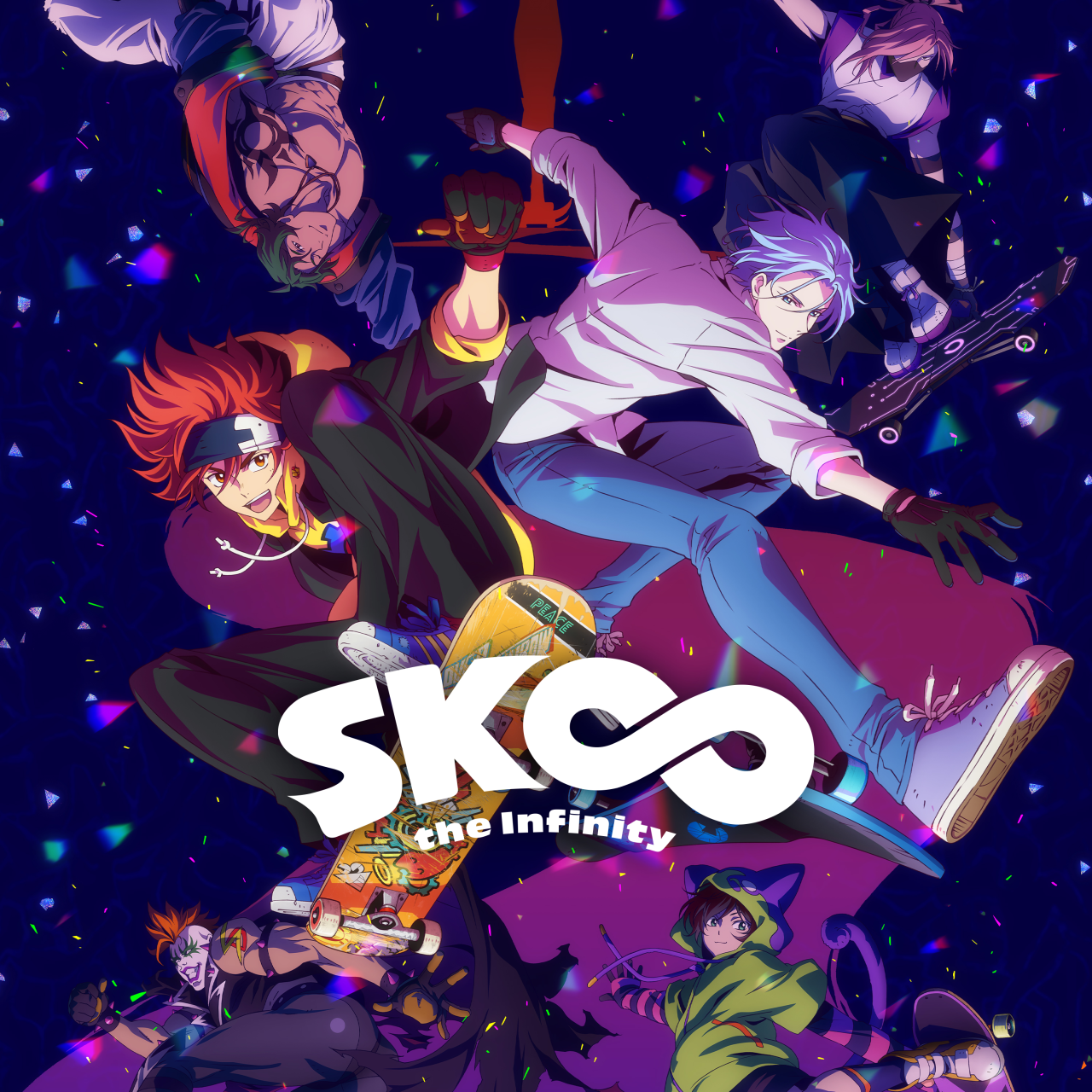
Hello everybody! I am back to my analysis blog today to talk about SK8 the Infinity and hear me out: if you haven’t watched this show yet, by all means do it now and before you read this post! Because this will contain spoilers about themes and metaphors it addresses throughout the 12 episodes and I don’t intend to hold back. :)
In this post we will refer to the original Japanese version of the show and the ramifications of the themes it addresses I simply refuse to let fly through western audiences’s heads! Don’t worry, I got your backs folks~
Without further ado, let us talk about my most recent favourite show and why it won my 32-year-old heart so easy.
First things first: what on Earth is Honne and Tatemae?
So, when I attented to the course of Art Studies in university, my class had an entire week devoted to studying History of Japanese Animation with professor Kei Suyama of Tokyo Kougei University - the only university at the time dedicated to studying manga, anime, and games.
Right in the first day, the first thing Professor Suyama taught my class was about Honne and Tatemae, and the extremely difficult phase teenagers in particular go through when choosing their life careers in high school, conflicted between “following their hearts” and “pursuing realistic jobs”.
Honne
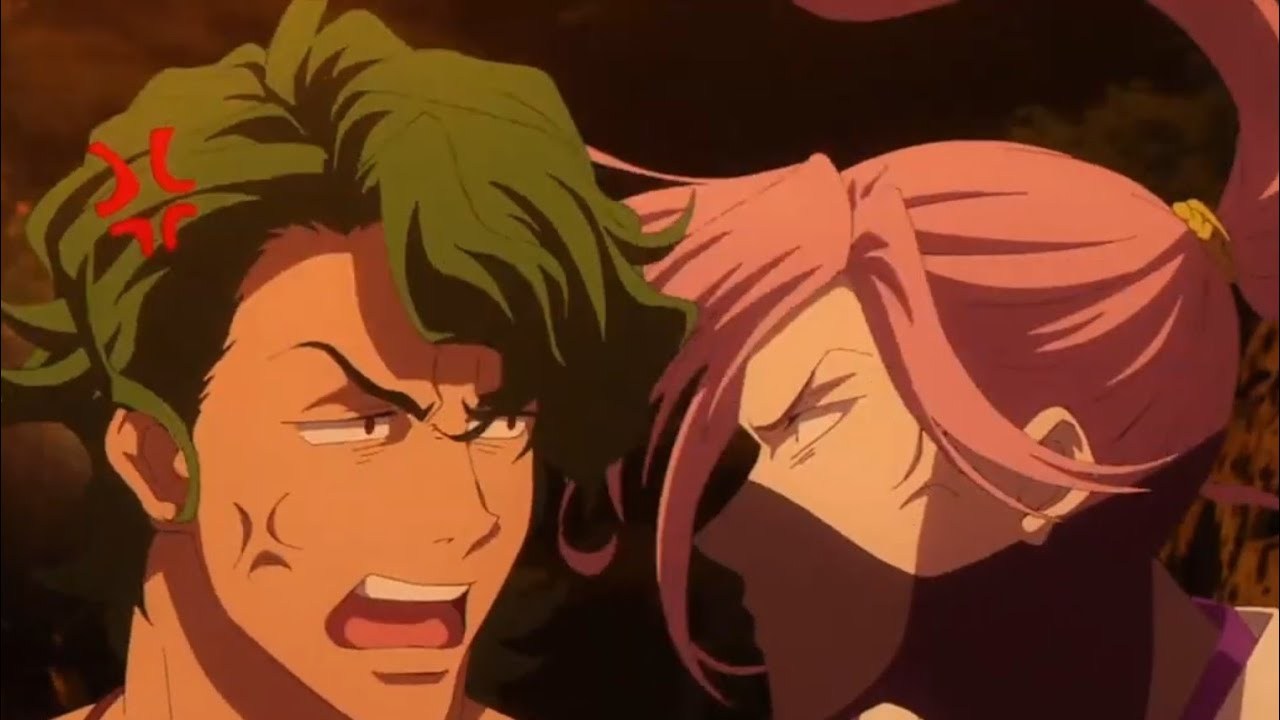
“Honne” are a person’s true feelings and desires, which are often associated with children. Children typically follow their hearts by default and have no filter when they talk, which is why they are considered honest and pure.
Tatemae
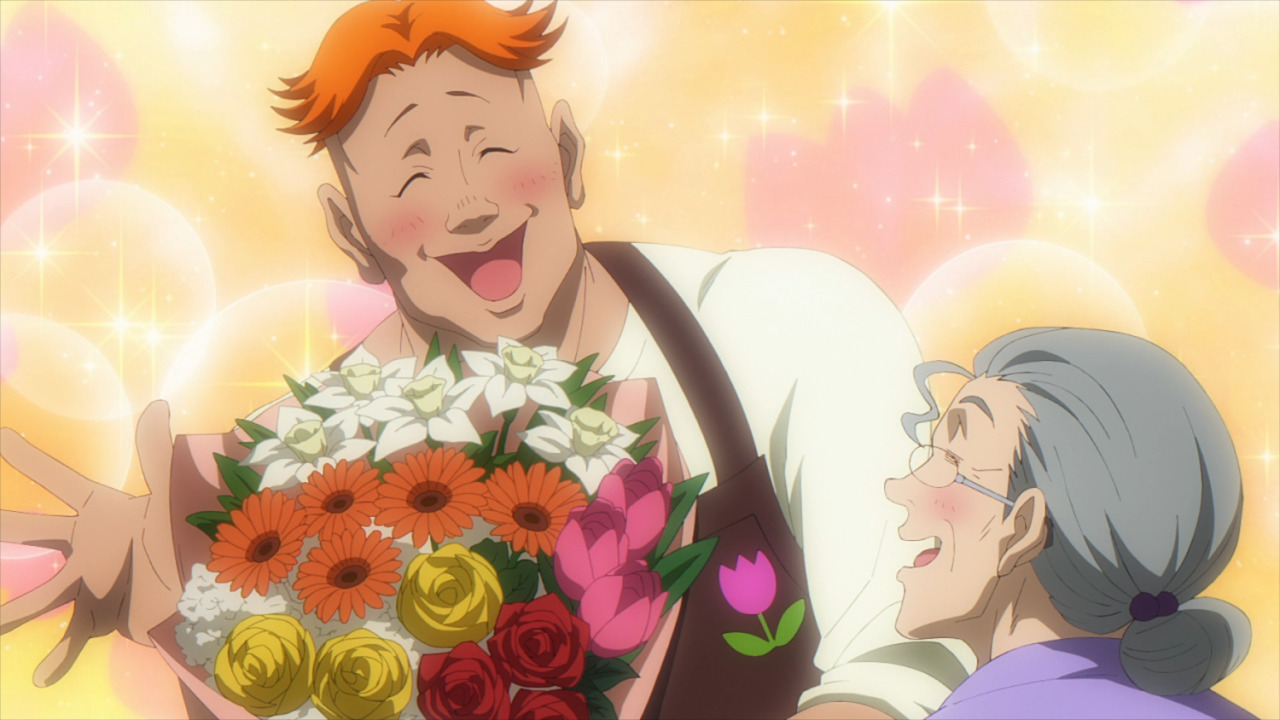
“Tatemae” are the behavior and opinions one displays in public, that are often associated with adults and the masks they need to wear around coorporations and society in general. Adults often need to let go of their inner desires to embrace harsh responsabilities (putting up with a nasty job you hate to get money out of it is one of such examples).
This conflict between Honne and Tatemae is of paramount importance for Japanese culture. You will find it everywhere when consuming Japanese media in fact.
This is also the real reason most anime is centered around young people and most protagonists happen to be adolescents living their dramatic first experiences with the conflict. It does not in fact have much to do with the demografics it seeks to target, the deal is audiences of all ages will easy connect with the characters’ conflict, simply put, because:
- everybody has been a teenager at least once in their lifetime
- that inner child in you never actually dies…
- No matter how hard you may try to completely ignore your true feelings, they will always lurk inside of your heart to trouble your most important life choices, even into adulthood
Knowing to ballance out both sides of this scale, boy, it’s really hard!! And you can mark my words here: this inner conflict will follow you to your grave, it will NEVER go away.
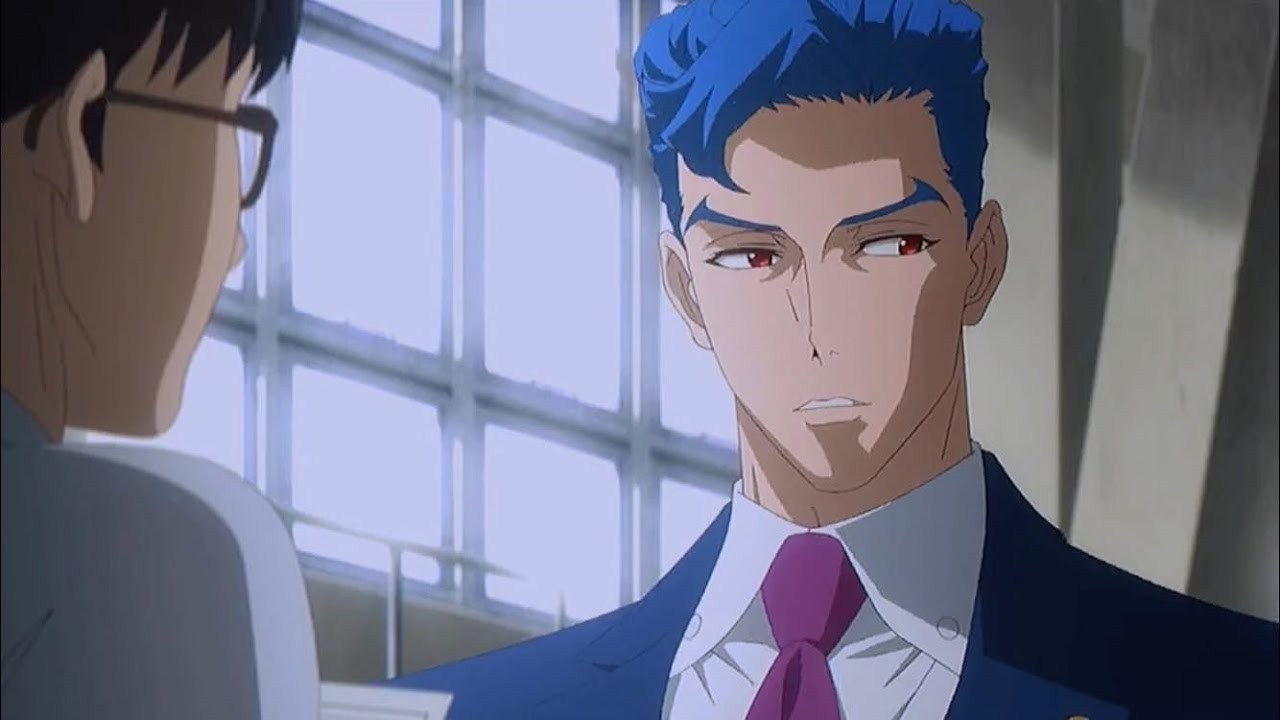
SK8 the Infinity: the Power of Chuunibyou
Or
“When adults embrace Honne without shame… except one (and Tadashi I guess xD)”
In a society where sacrificying your individual desires for the sake of the community’s best interests is practically the norm, of course those who don’t conform to conventional “adulting” and follow their desires can be considered selfish. Some derogatory terms exist to address such people.
- Otaku is one of such insults, when a person engages in a object of desire and obsession so deeply it’s all they talk about. Too immersed in their inner world, they may loose interest in real life just to completely indulge their passion for a given topic.
In online western communities the term “otaku” has lost some of its original meaning and is often meant to address “anime fans” who overshare knowledge “normies” won’t give a darn about - something akin to the term “nerd” perhaps. But the term Otaku in Japan carries a much heavier and derogatory meaning, since it is meant to address the kind of creppy individuals who typically stalk the idols they love, collect their underwear, and marry fictional characters like Hatsune Miku as if they were real.
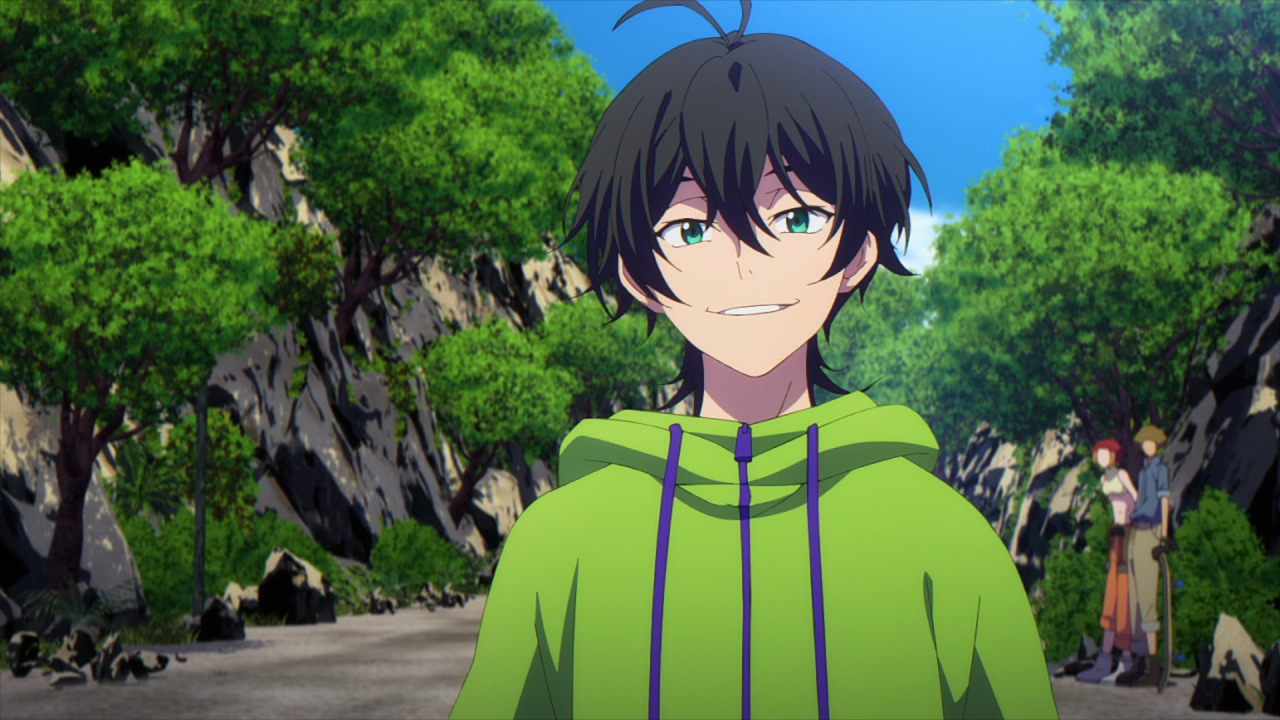
Another derogatory term Japan came up with is the Chuunibyou.
- Chuunibyou 厨二病 - can roughly be translated to “Seventh Grade Syndrome”. It is a mocking term used to refer to the feelings and behavior adolescents go through when they reproduce elements of fiction in real life and feel like heros.
Typically, everybody goes through a chuunibyou phase at least once in their lifetime. Is it embarrassing? Oh you bet! But everybody has lived it once. It is a delusional state of mind typical of teenagers where the person will behave or feel like a protagonist of an animated TV series, game, or manga, and cannot resist the urge of importing aspects of that pubescent fiction into their lives or routine: flashy clothes, names of techniques, quirks, looking down on adults, etc.
There are many ways of manifesting this energy in fact:
- Performing dramatic poses typical of anime.
- Speaking and behaving like fictional manga characters (The nyahs, the dattebayos, and even memes like Omae mou shindeiru).
- Starting to practice a new sport because your favourite characters made it cool and fun (*wink*).
- Coming up with a fictional persona or an alias of yourself, creating a cool edgy name and all, especifically meant to manifest this child-like cool energy (Steins;Gate is an anime series that has a protagonist suffering of these exact chunnibyou symptoms - check it out in the future if you can!)
It exists in various degrees and manifestations, some healthier than others but, in general… That is the chuunibyou.
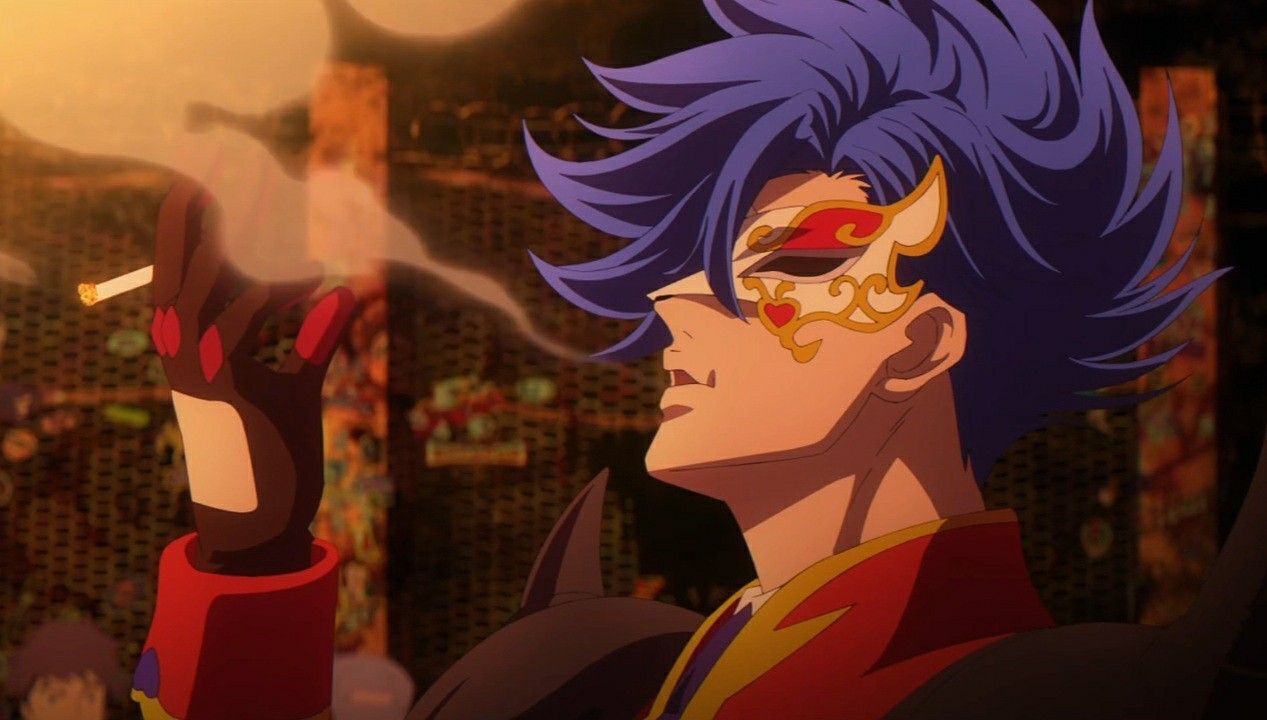
You see, even adults can go through temporary chuuni-phases. In fact, a HUGE percentage of the anime and manga industry these days is crafted to appease people’s “inner drive” and wish for this phenomenon.
SK8 the Infinity is no exception, with Shadow, Cherry, and Joe as the embodyment of functional adults who embrace the chunni without shame.
Amazing salarymen at day, silly skaters at night. Cherry and Jou call each other names like 10 year olds and surround themselves with very chuuni-things like the AI Carla that seems to transform into any form Cherry wants, impossible super-human skating techniques named absurd things like "POWER BREAK”, and jumping off cliffs because, well, that is cool as hell, not riddiculous at all (you could die, but, you know… details), it’s something edgy that they totally embrace thank you very much.
And that’s the point. Jumping off cliffs is in general irrelevant when you are drunk in the elixir of immortality and youth that being a teenager encompasses. So of course as you grow older you don’t want it gone.
The grounds of the adandoned mine illegal skating “S” takes places at night, therefore, exists to indulge these people who like to live on the edge. The S grounds are a festival of fun, of the illogical, of the absurd.
Of course there are no rules there. Why would they limit themselves with boring rules when, in the realm of fun, the sky in the limit?
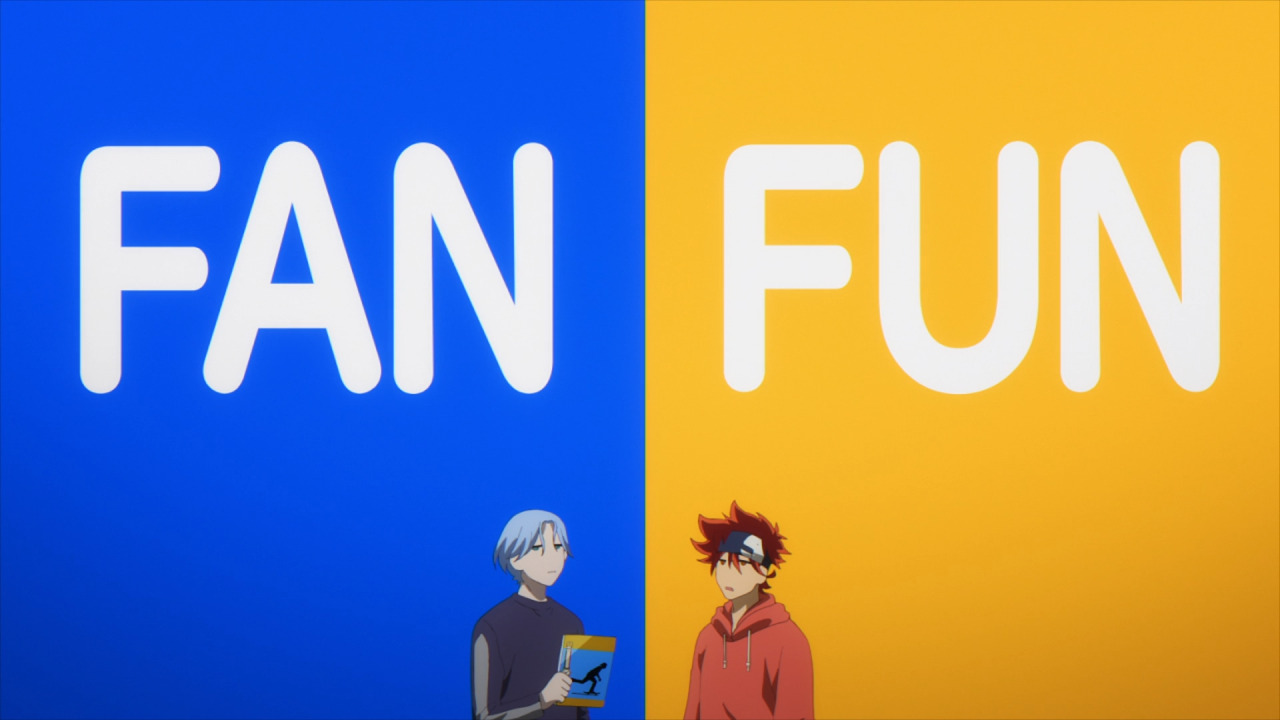
An expulsion from paradise: when you repress your true feelings
The reason SK8 The Infinity stands out in the middle of thousands of anime powered by chunni-syndrome alone is precisely that it delivers a bit of an interest view about the issue of escapism itself, and why it happens for that matter.
While it never actually takes itself too serious, it also delivers an interesting commentary about the phenomenon. Which brings us to Aisonuke Shindo, Reki’s personal nemesis and Langa’s number one otaku fan.
Aisonuke does stand out as the caricature of the passionate individual who is denied the right of indulging his inner child and means of self-expression, because 1) of his conservative family, 2) the general expectations raised by adulting and 3) his hierarchical status because, well, social classes are kind of an animal of their own.
Ainosuke was denied the right of having fun and being himself even when he was still a child, the very age a person is expected to, duh, be childish and self-centred, which is of paramount importance for the individual to develop their own identity, sense of independence, and self-worth. No matter how silly. No matter how “cringy”. It doesn’t matter. Is it natural.
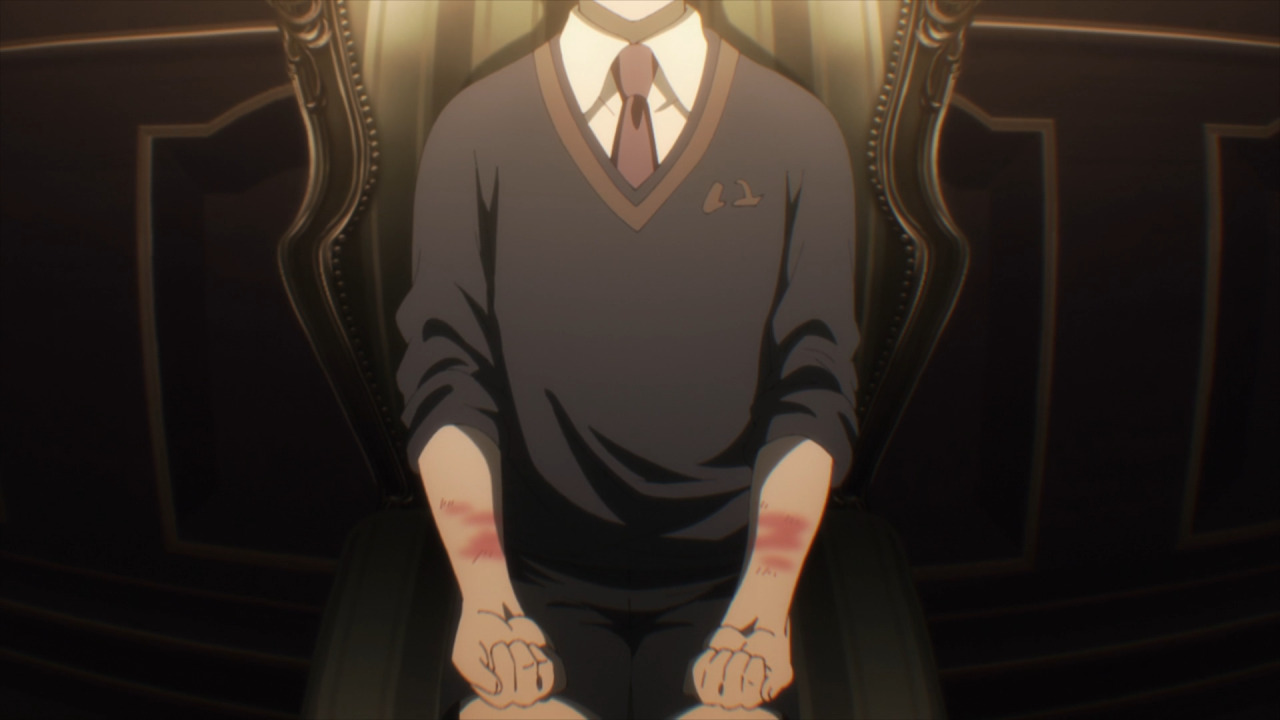
So what is unnatural is to expect adult behaviour from a child. And you know, Tadashi is also a victim of this educational system, for being encouraged to bow his head to Ainosuke’s father and “tatemae-oriented” mentality, instead of expressing his true feelings about the issue of Aisonuke being forced to stop skating.
Being able to express your feelings and yourself is something pretty much any healthy teenager aged 17 should be allowed to do… but in Japanese society? Well, that isn’t always a luxury teenagers can afford to, not when the educational system there can be extremely competitive and goal-oriented, and the ways of the senpai are expected to dictate the norms. Excelent grades and success are taken rather serious, so naturally the pressure put on teenagers is huge.
Of course no teenager should be forced to grow up so fast they barely have any time to actual develop and mature. They need to be granted some degree of independence and freedom, more akin to the way Reki and Langa are allowed by their amazing mothers. And that is basicaly one of the issues SK8 refuses to gloss over.
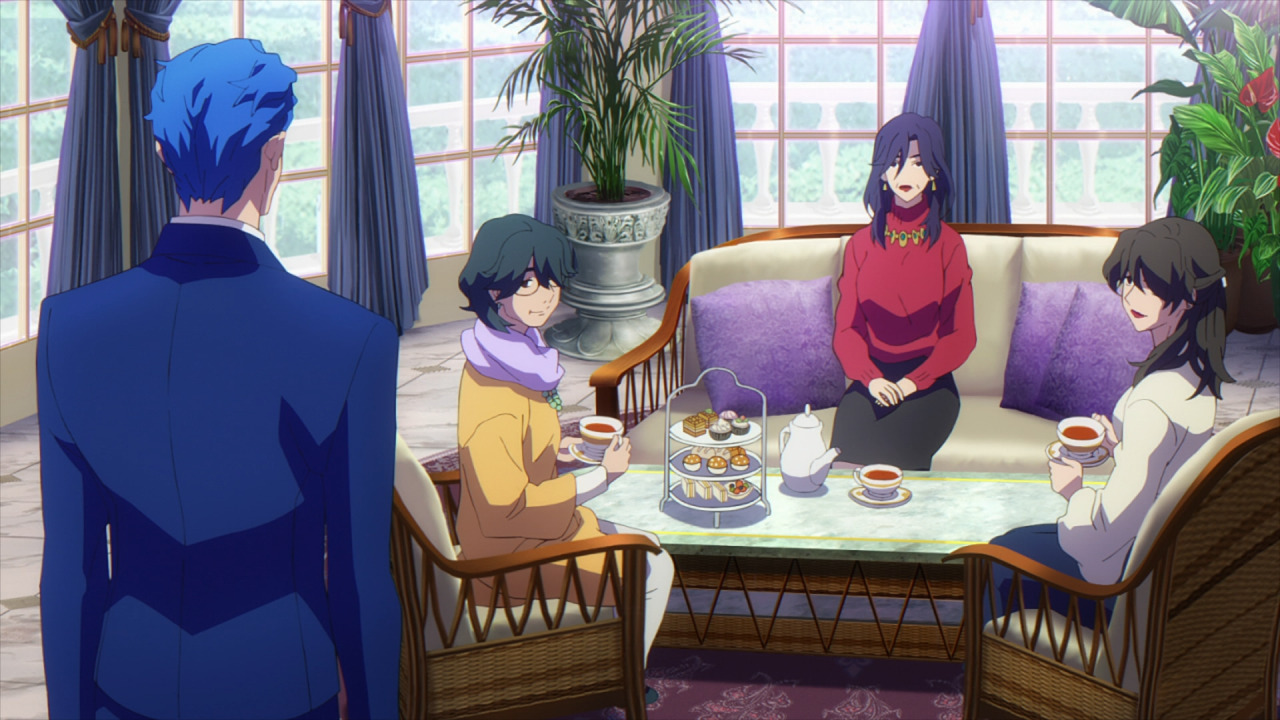
Let children be children is one commentary to draw out of this, but the real tragedy isn’t so much that. It’s actually how much this impacts the very relationship between Tadashi and Ainosuke in result, and well as most relationships they once had with former-friends around them.
Tadashi bowed his head to Tatemae and refrained from supporting Adam at the time he most needed it. So of course Ainosuke fells betrayed by Tadashi at this point. Tadashi is the friend who has introduced him to the joy of Skating, but also the metaphorical Snake who has “expelled” him from the paradisiacal realm of true feelings he was allowed to taste for a brief period of time - but that he will never forget.
The birth of Adam: the Matador of Love
It is interesting to observe the true reason Ainosuke embraces the most twisted version of his ADAM persona isn’t so much the “Three aunts” that have haunted his life for years. On that topic, I laughed out loud when episode 12 revealed Ainosuke was the “secret source” that prompted the police investigation all along. Meaning he pretty much handled over the corrupt Takano guy to the police immediately after his aunts told him to cover for him instead. Takano’s arrest happened on episode 7, at a time audiences are supposed to think Ainosuke too is in trouble. This is an artifice of midsdirection Japanese entertainment does love to pull off, again and again, to betray audiences’ expectations - go google “Kishotenketsu” for more.
There is some commentary to be drawn in how ADAM’s violent style of skating is themed after flamenco dancing and Spanish bullfighting, though. He’s like a Spanish Matador who "teases” / “flirts” the Bull in an arena in front of an energetic audience for 15 minutes of epic agony and torture, before he finally kills the bull off.
Bullfighting is claimed to be a ritual of admiration for a bull’s strength. Practiced in Spanish and Portugal for many centuries, it is a practice that is slowly becoming extinct.
But the ritual includes Matadors (Lit.: “Killers”), a role performed exclusively by males who wear flashy costume colours and perform coreography moves at the sound of a crowds “Olé!”, in an grotesque albeit elegant display of dominance over something as powerful and dangerous as a wild Bull, that can kill a person easy if angered afterall. These practices of course always ends with blood when the bull is finally killed off and made food of.
(As a Portuguese individual myself, perhaps back in ancient celtic times this kind of ritual made sense, but these days? It does feel disrespectful to the bull’s life)
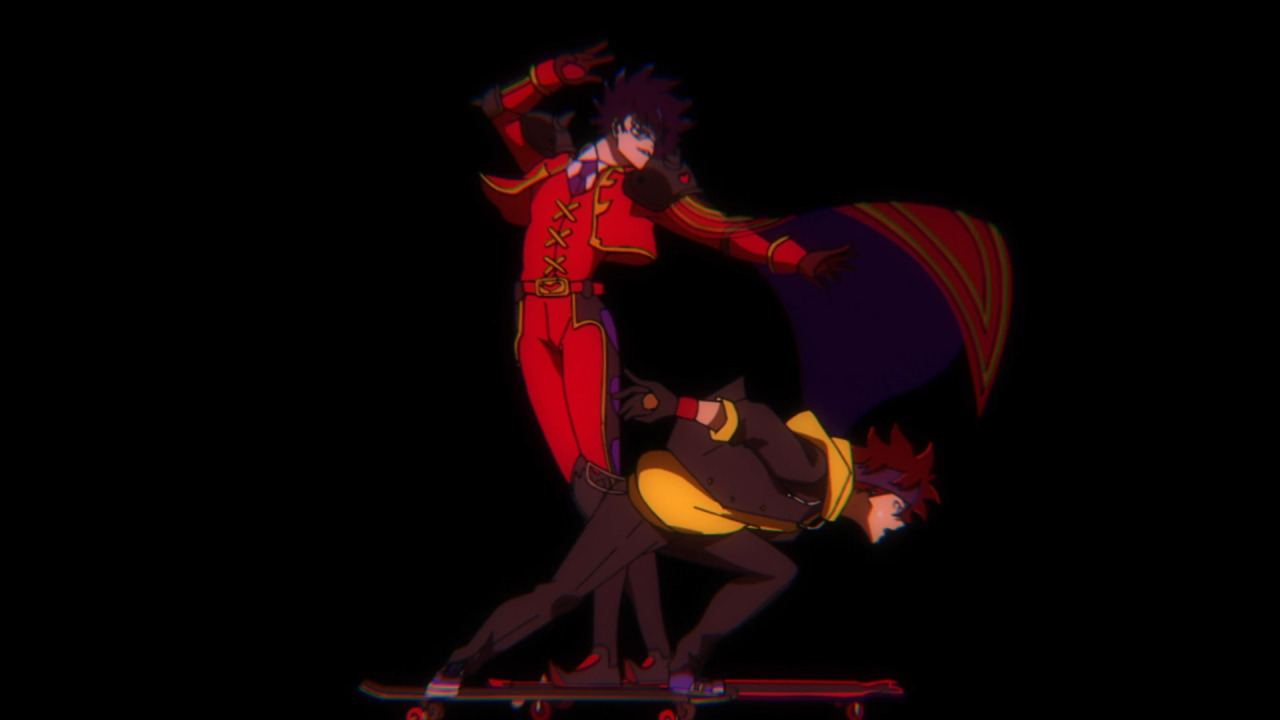
Well, this perfectly encompasses Adam’s own twisted sense of love that his aunts insisted educating him into, that love and forceful dominance in the name of such love are somehow similar things or interchangable.
Several adults from all kinds of backgrounds may develop a nasty tendency to conflate the two and, just because their children are children, it doesn’t mean they don’t own them respect for the individuals they are or are trying to become.
Children need to be educated in the name of love and a ballanced degree of orientation is always important, but they need to be respected and listened too as well, not simply being ordered around and punished if they happen to not obey. That in itself is not proper education. It’s suffocating the individual instead of nurturing the potential of said individual.
So of course there’s a sense of Poetic Justice when our “Redhead” Reki Kyan ends up treating the matador like the bull. It’s like the ritual of love turns against ADAM this time, and Adam gets to experience a taste of his own remedy.
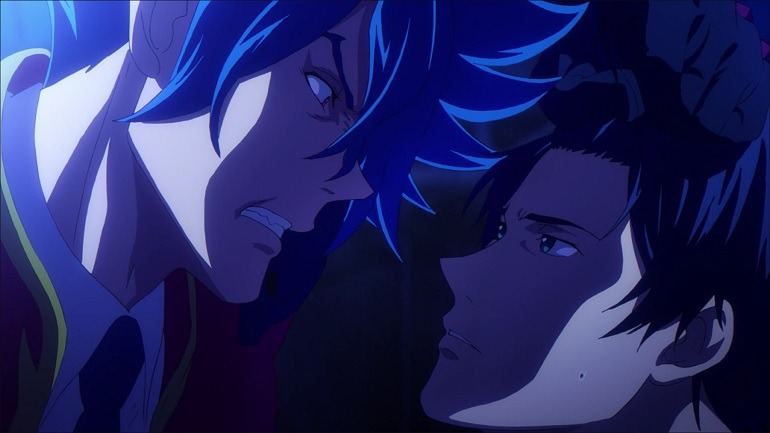
And since Ainosuke’s fall began with Snake, it is apropriate that Reki helps Tadashi realise his mistake. You see, Adam could have endured this hellish life if only he had Tadashi and skating by his side. The problem is that skating remained, but Tadashi’s support was suddenly gone. It is very telling that Ainosuke does not quit skating in spite and keeps seeking for someone else to fill in Tadashi’s shoes.
Ainosuke wants his best friend Tadashi to be bold and stop saying “yes” to social norms, even going as far as trolling him and daring him to take the blame for a crime he obviously did not commit. To which - disappointingly - Tadashi claims his opinions have no value.
It’s extremely ironic that the one time Tadashi dares and has some degree of initiative is the one time he tries take away something from Adam he has long ago taken away from him: the fun of skating. Tadashi doesn’t seem to comprehend the irony of this gesture either… until he’s confronted with Reki’s philosophy of skating.
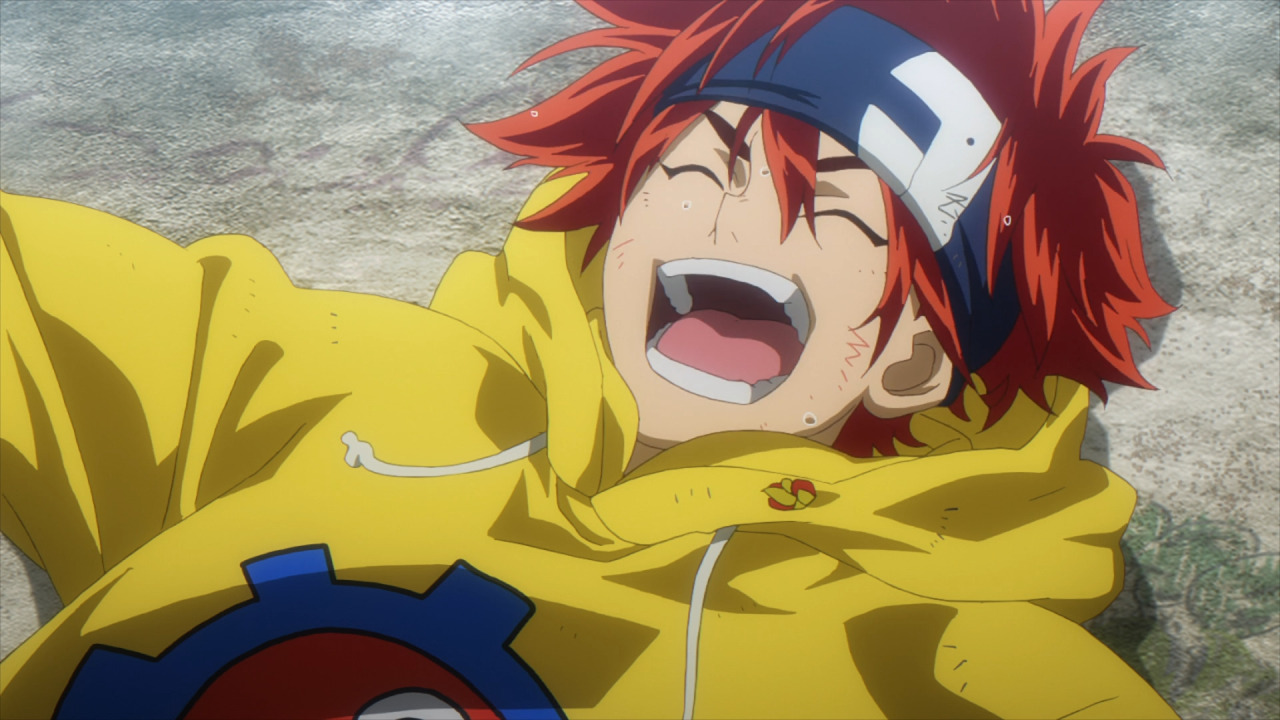
Seeking Happiness
Ainosuke is a riddiculous over-dramatic character - as all chunnibyou characters are - so of course he would bring Christian symbology into this unprompted.
Adam himself clears out by the end of episode 11 what’s the deal with his apparent obsession with this “Eve” (that, apparently, didn’t even need to be Langa in particular).
It turns out the whole Eve analogy is meant to be perceived like Ainosuke’s dramatic way of acknowledging, "I have fallen, I have been expelled from the paradise, but I don’t want to be alone in my personal hell".
Things like Christian symbols are considered foreign and cool af in Japan, even when they have no clue what most of it even means (Evangelion is one of those anime guilty of using and overusing cool symbols without a very clear intention in mind xD). It really is no wonder to see it here, albeit refreshing that in SK8 it actually helps making sense of the TV show instead.
I’ve commented on streaming websites that a redemption arc for Adam would be welcome for me if nothing else because I really have a strong distaste for Augustine’s manichaeistic gnostic-influenced interpretation of Eve and the original sin. The concept that people cannot atone for “sins” is too often an artifice used and abused to excert dominance over our true potential of growth.
People do have to be held accountable for mistakes (and this form of punishment manifests in how people who have been hurt may not forgive easy, as nothing hurts more than social ostracization), so of course Reki did punish Adam in his own way.
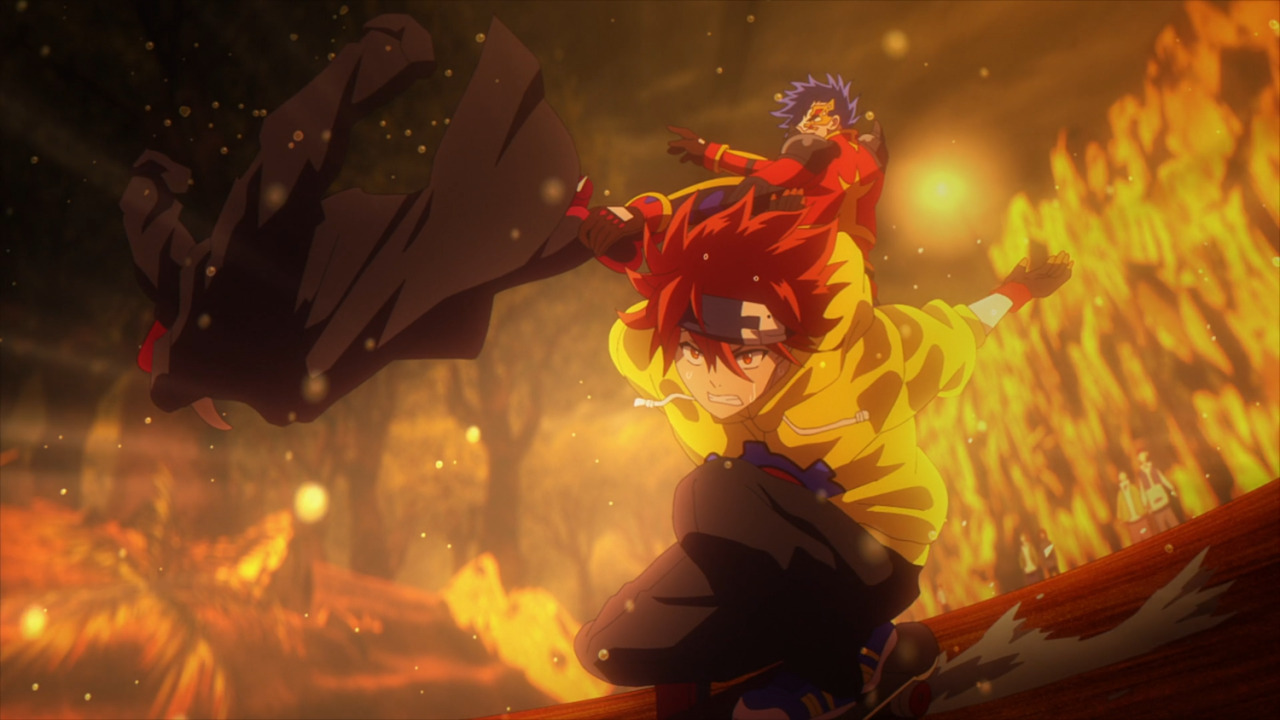
But that doesn’t mean you should stop trying to get up and fix the mess you have created, thus owning up to your own mistakes like the responsabile adult you do need to become at some point in life.
Killing off the archetype of the “evil guy” or literally punnishing evil does work in several forms of fiction as a metaphor for what facing and confronting your inner demons encompasses, especially in western fiction for kids. That said, this is a Japanese show released in a slightly nuanced cultural context, in a society where fear of failure and feelings of inferiority may lead to suicidal tendencies and depression, when it doesn’t simply develop into unhealthy copying mechanisms such as those embraced by Otaku who become isolated and lonely, lost in the wildest forms of escapism. Reality and social expectations can be crushing like that, overwhelming.
It is simply much more powerful to encourage audiences to Be brave, you cannot simply give up on yourself.
It feels apropriate that the purest of the characters, Langa, who is the embodiment of Honne, honest feelings, and whom not even Reki had the guts to look in the eye during his darkest self-doubting phase, teaches us to not close the coffin’s lid on ourselves just yet and sheers us up. He is able to see Reki’s true worth, and finds even a sparkle of light behind Adam’s mask. Langa too had a dark phase he almost gave up, but then he found Reki.
Together, they help and encourage each other. And you know… this works for everything in life.
If you fall, you get up.
If you fail, you try again.
If it’s broken? Fix it.
It’s the same about skating; you will try and get hurt a lot but you still need to keep going in order to achieve something. Because as long as we remain alive and don’t give up on ourselves? We will always have a chance of achieving happiness… if properly surrounded by those we love and inspire us to push forwards, that is.
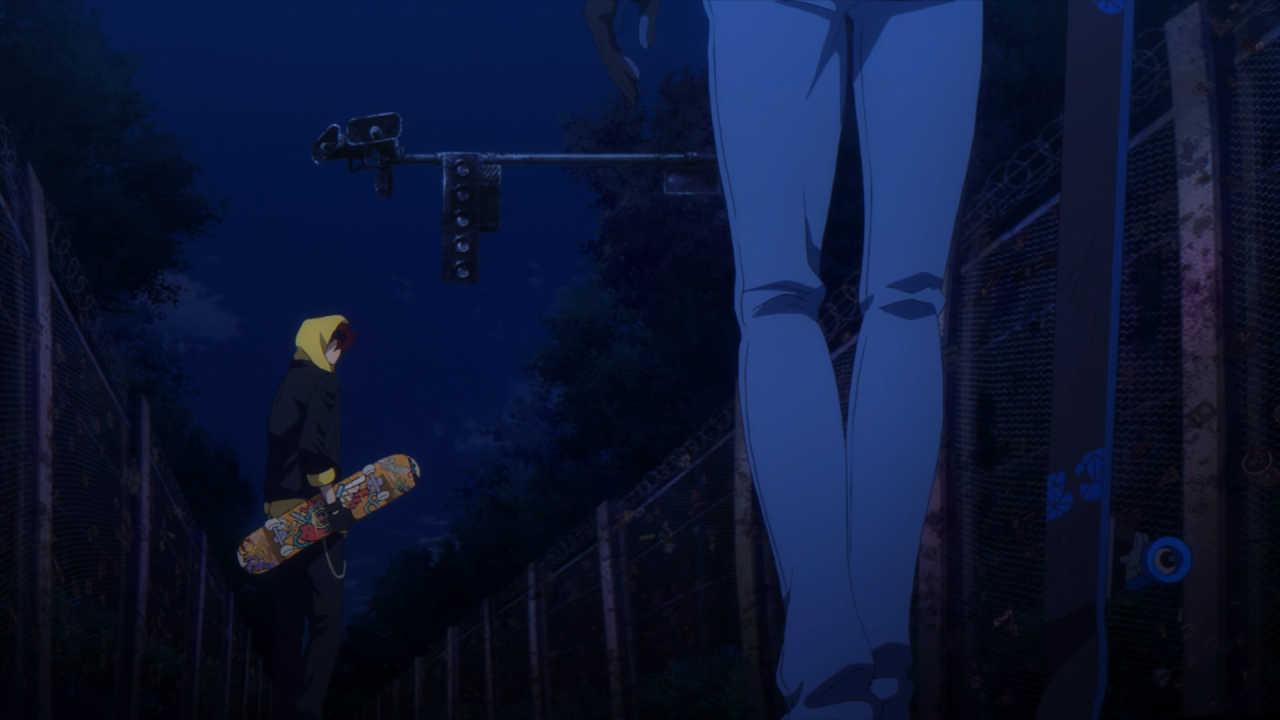
© All images used in this article belong to Project SK∞, courtesy of Studio Bones.
























